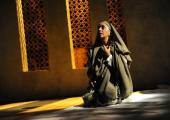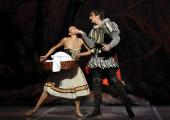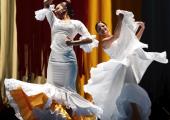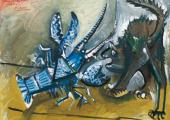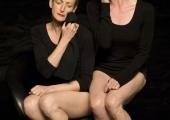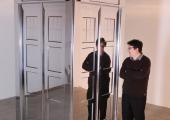Confirmation: Nacho Duato to lead St Petersburg ballet company
Confirmation today of the astonishing news from Russia - Nacho Duato will indeed become the new director of the Mikhailovsky Ballet, St Petersburg’s second company, from the New Year. The Spanish contemporary choreographer will be the first foreigner to lead a Russian ballet company for more than a century.

